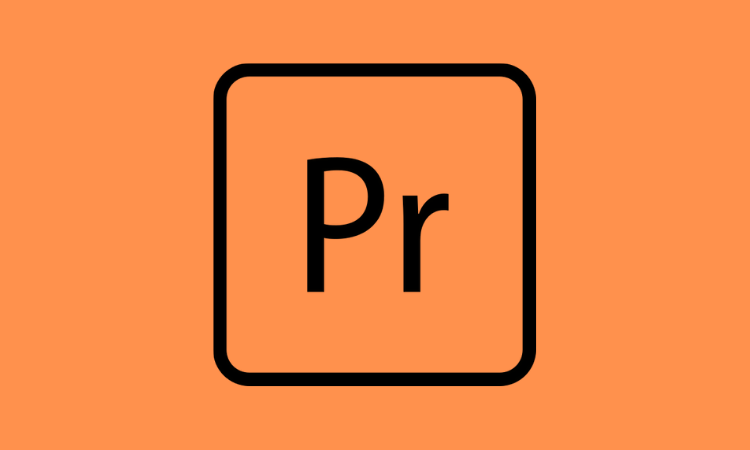Member Exclusive, Modern Marketing
January 2020 Outlier Briefing: WMA’s Scott Mills on what’s working in fintech and financial services PR
- Scott's PR firm, William Mills, has been working with fintech firms for over 40 years.
- He shares with us his insights into what's working in PR for today's fintech market.





